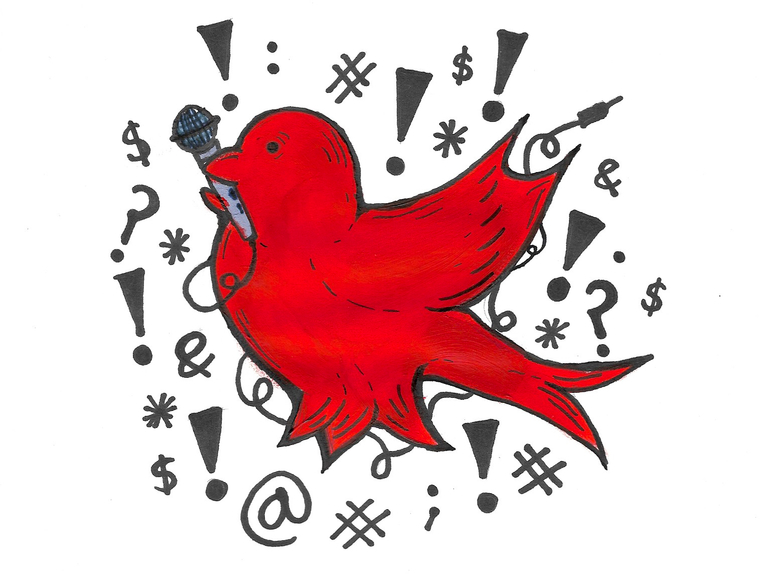The Students’ Society of McGill University’s (SSMU) Accountability Committee recently presented a report to the Board of Directors (BoD) recommending that Vice-President (V University Affairs (UA) Madeline Wilson be suspended for five days without pay. The recommendation came in response to a complaint against Wilson for her use of profanity in a Dec. 4 Facebook post on the UA page that condemned McGill’s failure to divest from fossil fuels, following a similar incident in October. Ultimately, the BoD chose only to suspend her social media privileges for three days, however, the Accountability Committee’s recommendation was an overreaction and represents a larger issue whereby those who speak out against injustice are held back by minor controversies while the perpetrators generally face no consequences.
This controversy marks the second time that Wilson has been reprimanded for her use of profanity on SSMU-associated social media. On Oct. 31, she made a post telling those harassing student activist and Indigenous Affairs Commissioner Tomas Jirousek online to “go fuck themselves” without a content warning. Despite the Nov. 28 motion to ban the use of profanity in SSMU communications, Wilson defended her choice of words, explaining that she thinks carefully about the way she uses language. The Dec. 4 post included a content warning, recognizing that some may not feel comfortable with the profane language.
However, using strong language can serve to highlight an important point, and does not equate to being unprofessional. This is precisely why the context of Wilson’s comments is crucial. Both of the issues she spoke out against are important and recurring for McGill’s student population. Frustration has continued to grow as the university’s administration fails to take substantive action to help address the climate crisis. When it comes to concern for Indigenous peoples, the #ChangetheName movement sparked the enthusiasm of students on campus. On top of this, many have recently engaged with important events and causes surrounding Indigenous issues, including the recent event in solidarity with the Wet’suwet’en.
Seeing as how these kinds of issues directly impact some members of the McGill community, using profanity in such a context is justified. There is a significant difference between swearing without reason and employing strong language to draw attention to something important.
Those who care about social and environmental issues on campus should be rallying together to work against oppressive forces as opposed to infighting amongst each other about the varying strategies individuals choose to use to address injustice. SSMU has shown a commitment to equity and advocacy; this is evidenced in part by its equity policy and initiatives, which fall under the UA portfolio. When governing bodies within SSMU take this much time to debate and pass legislation to regulate communications, it takes time and resources away from lifting up activist movements on campus and beyond. Those who should be condemned in these situations are those at the root of the problem. The student-body should focus its efforts on problematizing targets like McGill, for refusing to divest, or internet trolls, who harass marginalized students online
As opposed to tone policing one SSMU executive, time and resources can and should be redirected in order to help address issues related to environmental justice and discrimination, which have a tangible effect on members of the McGill community. There are a range of initiatives on campus working to address these very concerns through events, education and fundraising, including those led by clubs like Divest McGill and the Indigenous Student Alliance.These groups and initiatives cannot function without substantial support from the rest of the community, including SSMU. Rather than the language Wilson has used to discuss such issues online, it is the issues themselves which deserve the attention of the SSMU executive body and the BoD.









